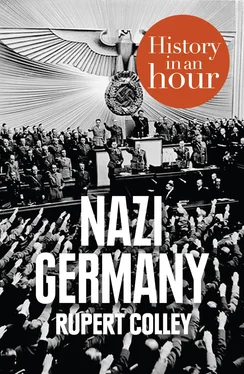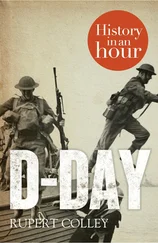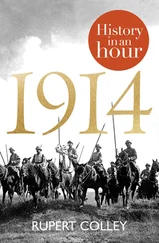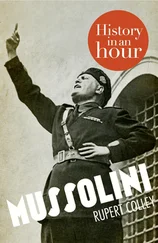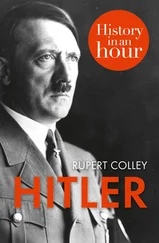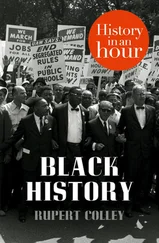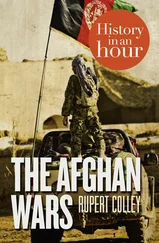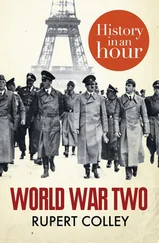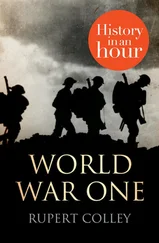Following the failed Munich Putsch, Hitler’s name had become known throughout Germany. However, during the Weimar years of relative economic stability the Nazis were marginalized and, even on Hitler’s release, lacked electoral support, rarely polling more than 3 per cent throughout the 1920s.
The Great Depression: The Crash The Great Depression: The Crash Nazi Elections: ‘He can lick stamps with my head on them.’ Enabling Act: ‘Fanatics, hooligans and eccentrics have got the upper hand.’ The First Anti-Jew Laws: ‘Non-citizens’. Night of the Long Knives: ‘The Führer’s soldierly decision and exemplary courage.’ The Führer: 99 per cent approval Nazi Germany and the Economy: ‘Guns will make us strong; butter will make us fat.’ State Control: Guilty Before Innocent The Family: ‘I detest women who dabble in politics.’ Propaganda: ‘Where they burn books, they will also ultimately burn people.’ The Olympics Kristallnacht: The Night of Broken Glass Foreign Policy: ‘Germany will of its own accord never break the peace.’ The Rhineland: ‘We have no territorial claims to make in Europe.’ The Spanish Civil War: ‘Germany’s destiny for good or bad.’ Anschluss: ‘I can strongly recommend the Gestapo to one and all.’ The Sudetenland: ‘The last major problem to be solved.’ Czechoslovakia: ‘That senile old rascal.’ Poland – Guaranteed Germany’s War 1939: ‘This country is at war with Germany.’ Germany’s War: 1940 to 1941 Germany’s War: 1942 to 1945 Appendix 1: Key Players Appendix 2: Timeline of Nazi Germany Copyright Got Another Hour? About the Publisher
It was the knock-on effect of America’s Great Depression that changed the political landscape in Germany. Following the Wall Street Crash of October 1929 America called in its worldwide loans on which Germany, especially, was overly reliant. The stable years had come to an abrupt halt.
Unemployment soared – in one month alone, January 1930, unemployment rose from 1.5 million to 2.5 million; by 1931, 4 million were unemployed; and by 1933, 6 million. The Weimar government, in an attempt to keep things under control, adopted a policy of deflation, causing severe wage cuts and further unemployment. Businesses went bankrupt, banks collapsed.
The Weimar government had failed its people. The country was in economic ruin, people’s livelihoods were shattered, and the nation, still burdened with the humiliation of Versailles, was fearful of the communists and the Jews. They looked for an alternative and that alternative lay in Adolf Hitler and the Nazi Party.
As unemployment rocketed so did the number of Nazi Party members, rising from about 120,000 members in mid-1929 to over a million within a year. This was reflected in the elections – from 2.5 per cent of the vote in May 1928 to over 18 per cent in September 1930.
Nazi Elections: ‘He can lick stamps with my head on them.’ Nazi Elections: ‘He can lick stamps with my head on them.’ Enabling Act: ‘Fanatics, hooligans and eccentrics have got the upper hand.’ The First Anti-Jew Laws: ‘Non-citizens’. Night of the Long Knives: ‘The Führer’s soldierly decision and exemplary courage.’ The Führer: 99 per cent approval Nazi Germany and the Economy: ‘Guns will make us strong; butter will make us fat.’ State Control: Guilty Before Innocent The Family: ‘I detest women who dabble in politics.’ Propaganda: ‘Where they burn books, they will also ultimately burn people.’ The Olympics Kristallnacht: The Night of Broken Glass Foreign Policy: ‘Germany will of its own accord never break the peace.’ The Rhineland: ‘We have no territorial claims to make in Europe.’ The Spanish Civil War: ‘Germany’s destiny for good or bad.’ Anschluss: ‘I can strongly recommend the Gestapo to one and all.’ The Sudetenland: ‘The last major problem to be solved.’ Czechoslovakia: ‘That senile old rascal.’ Poland – Guaranteed Germany’s War 1939: ‘This country is at war with Germany.’ Germany’s War: 1940 to 1941 Germany’s War: 1942 to 1945 Appendix 1: Key Players Appendix 2: Timeline of Nazi Germany Copyright Got Another Hour? About the Publisher
However, it was 1932 that saw the rise of the Nazi Party into a prominent political force. In the July 1932 Reichstag elections the Nazi Party polled almost 40 per cent of the vote, making it the most powerful party. There was a slight dip in the elections four months later but the party still had enough electoral clout that Hitler, as dictated by the Weimar constitution, should have been appointed chancellor. But the Weimar president, the 84-year-old Paul von Hindenburg, was reluctant to appoint the former corporal: ‘That man a chancellor?’ he said, ‘I’ll make him a postmaster and he can lick stamps with my head on them.’
Конец ознакомительного фрагмента.
Текст предоставлен ООО «ЛитРес».
Прочитайте эту книгу целиком, купив полную легальную версию на ЛитРес.
Безопасно оплатить книгу можно банковской картой Visa, MasterCard, Maestro, со счета мобильного телефона, с платежного терминала, в салоне МТС или Связной, через PayPal, WebMoney, Яндекс.Деньги, QIWI Кошелек, бонусными картами или другим удобным Вам способом.
